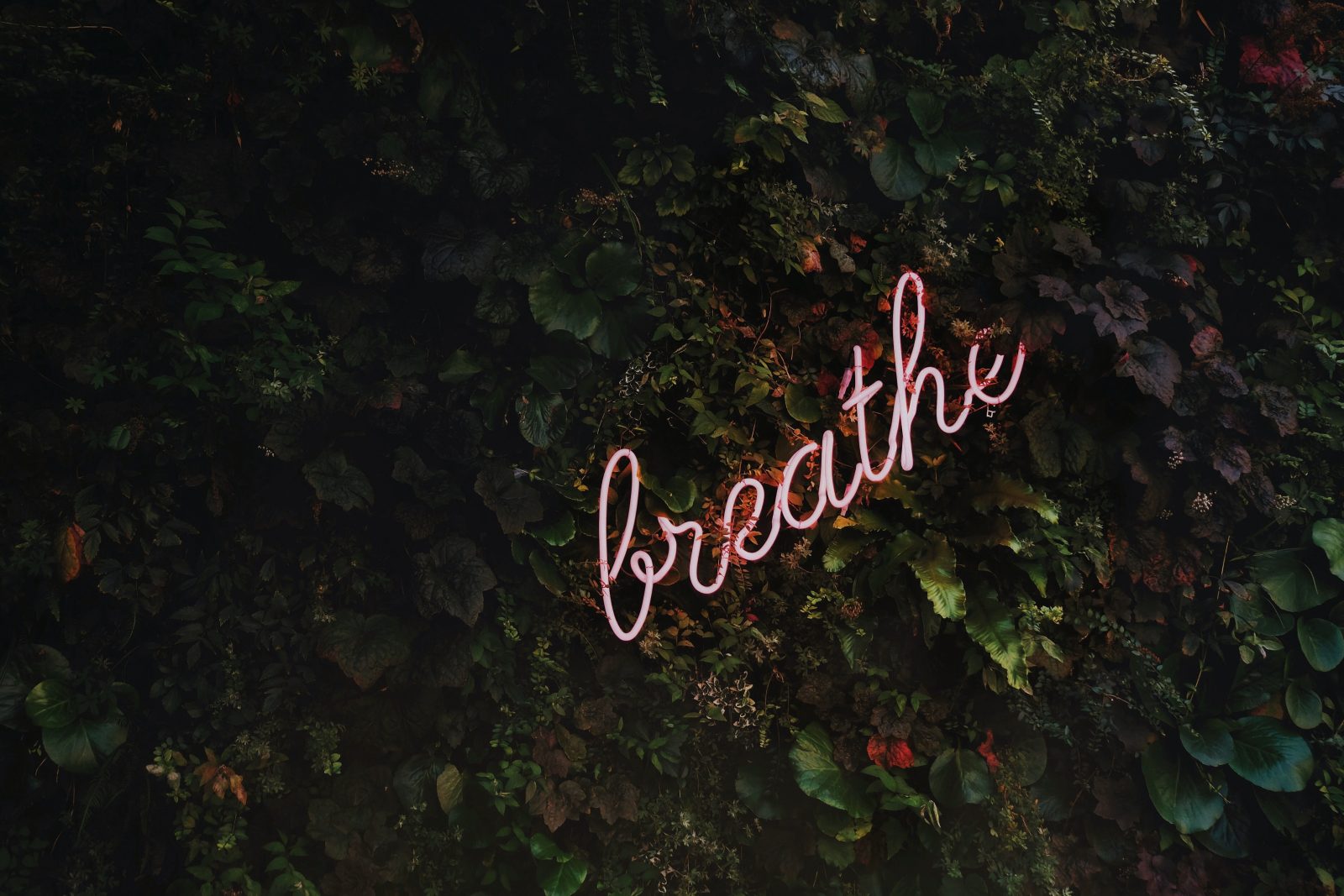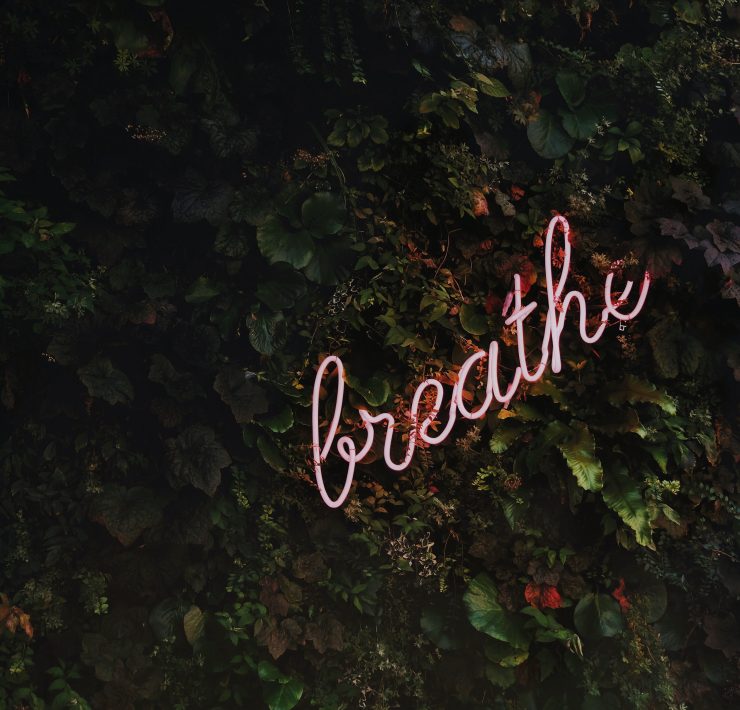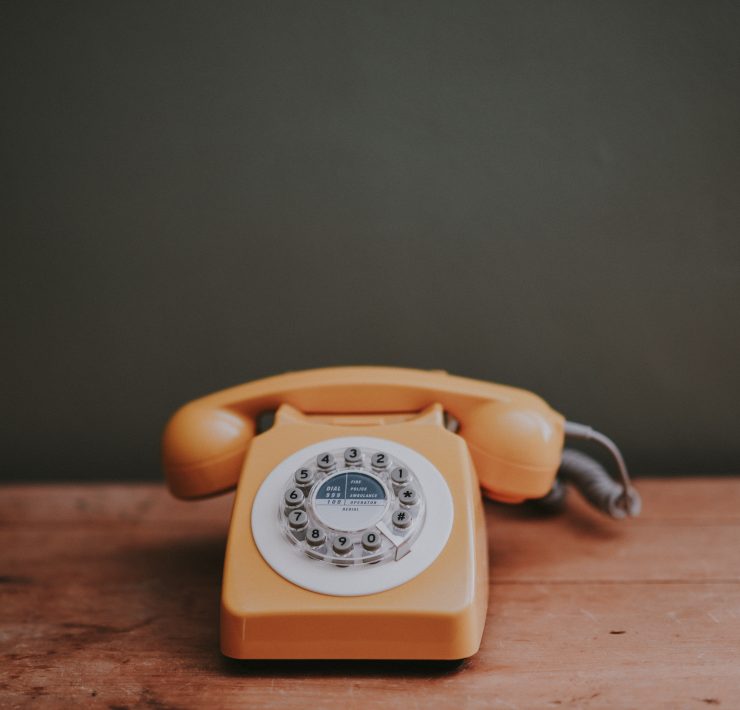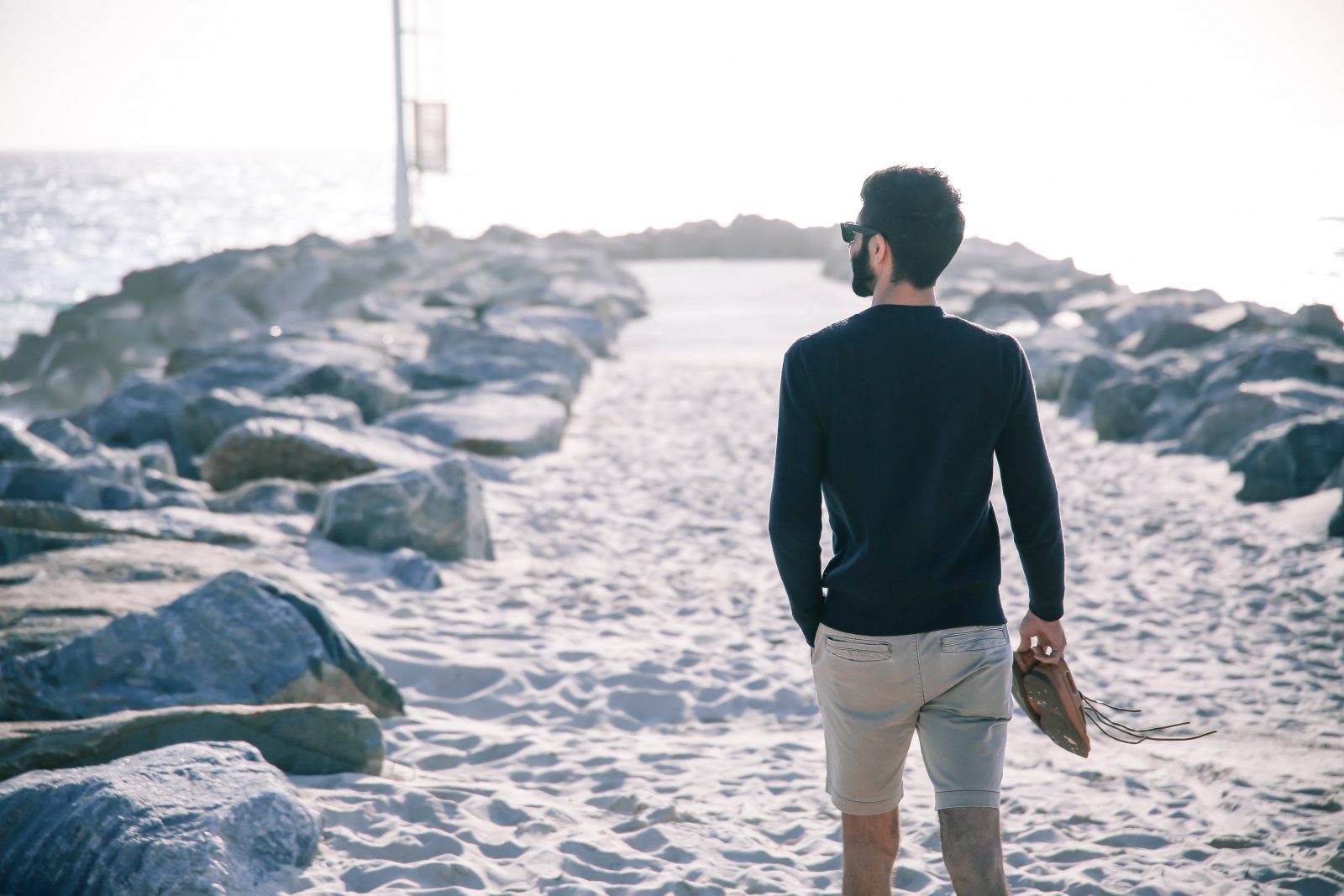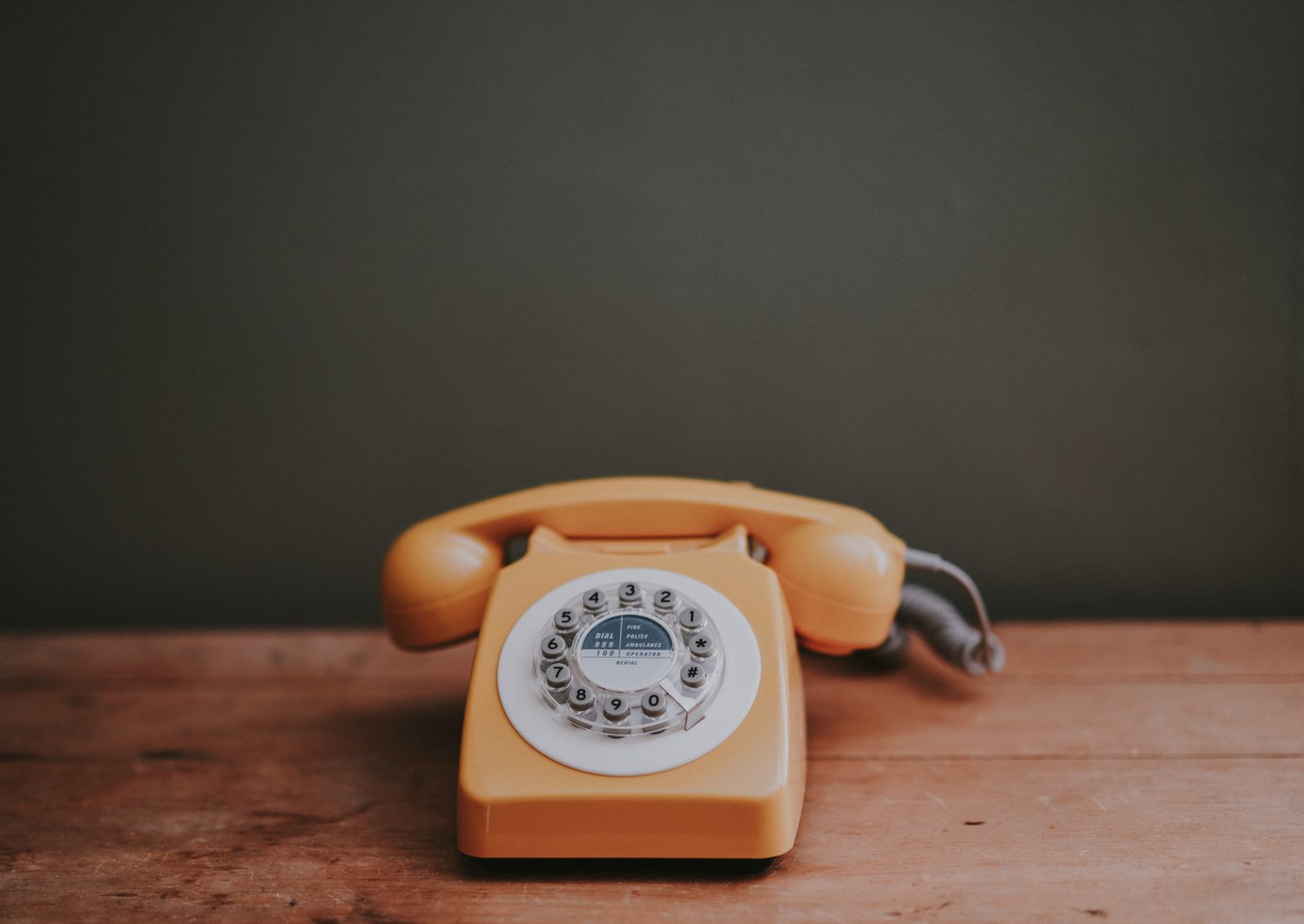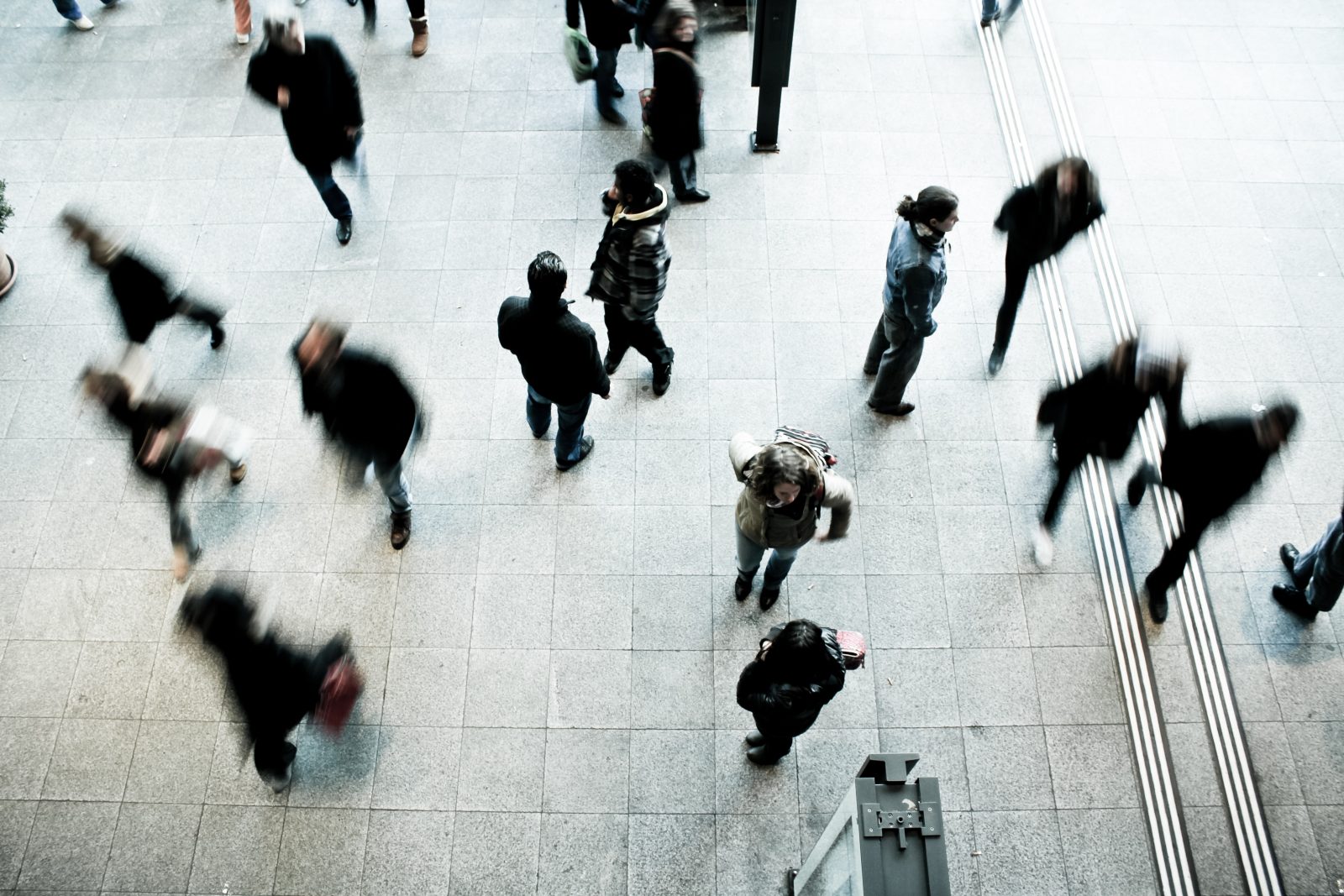



 +3
+3 Expert Advice on How to Cope with Stress and Anxiety During the COVID-19 Coronavirus Outbreak
What you are going through is normal
Experts from the World Health Organisation (WHO) note that it’s’ perfectly normal to feel sad, stressed, confused, scared and even angry during this outbreak. But talking to people you trust can help you work through these feelings and alleviate those concerns. Try to stay in regular contact with your friends and family – whether that be in person, via video or phone call or even via text message. If you are struggling to talk with your friends or loved ones for whatever reason then there are people you can talk to without judgement.
Expert Advice on How to Cope with Stress and Anxiety During the COVID-19 Coronavirus Outbreak
Maintain a healthy lifestyle
For airline workers, this is a difficult enough task at the best of times but it’s more important than ever to maintain a healthy lifestyle. This includes: Eating a balanced diet, trying to get enough sleep, making time to exercise, and maintaining social contact with friends and family – even if that’s not in-person
Expert Advice on How to Cope with Stress and Anxiety During the COVID-19 Coronavirus Outbreak
Don’t turn to alcohol, cigarettes or drugs
Instead, the WHO recommends making contact with a trained counsellor or health worker. Whatever the case, make a plan for how to cope with your feelings without turning to alcohol, tobacco or drugs. Seek help early – you do not have to deal with your feelings or emotions on your own.
Expert Advice on How to Cope with Stress and Anxiety During the COVID-19 Coronavirus Outbreak
Only read or listen to credible news sources
Gathering the facts that give people a sense of empowerment and allow them to appropriately plan and prepare. But there’s a lot of fake news out there at the moment, despite the social networks working to remove these kinds of posts. If you are unsure then fact-check what you’ve read. Look for attribution and cross-reference with sources you trust.
Expert Advice on How to Cope with Stress and Anxiety During the COVID-19 Coronavirus Outbreak
Take time away from listening to the news
“Take breaks from watching, reading, or listening to news stories. It can be upsetting to hear about the crisis and see images repeatedly,” the Centers for Disease Control and Prevention (CDC) advises. Instead, try to do some activities you enjoy that will help you feel a little more normal. Constantly scrolling through Facebook or Twitter, watching 24-hour news channels, or listening to updates on the radio can become very upsetting. Remember to take a break and enjoy everyday activities.
Expert Advice on How to Cope with Stress and Anxiety During the COVID-19 Coronavirus Outbreak
Expert Advice on How to Cope with Stress and Anxiety During the COVID-19 Coronavirus Outbreak
The worldwide COVID-19 outbreak is creating a stressful time for many people and communities around the world. The situation seems to be changing by the hour which is creating even more uncertainty and anxiety… Sometimes this can feel overwhelming but it doesn’t need to be like this.
Workers in the aviation industry are no doubt concerned about the situation. Travel bans and a massive slump in demand is creating a huge amount of uncertainty. But it’s important to remember that everyone reacts differently to stressful situations.
Take the time now to think about how you are feeling and how you can deal with the stress and anxiety.
What warning signs you should be looking out for:
- Changes in sleep or eating patterns
- Difficulty sleeping or concentrating
- Worsening of chronic health problems
- Increased use of alcohol, tobacco or other drugs
What you are going through is normal
Experts from the World Health Organisation (WHO) note that it’s’ perfectly normal to feel sad, stressed, confused, scared and even angry during this outbreak.
But talking to people you trust can help you work through these feelings and alleviate those concerns. Try to stay in regular contact with your friends and family – whether that be in person, via video or phone call or even via text message.
If you are struggling to talk with your friends or loved ones for whatever reason then there are people you can talk to without judgement.
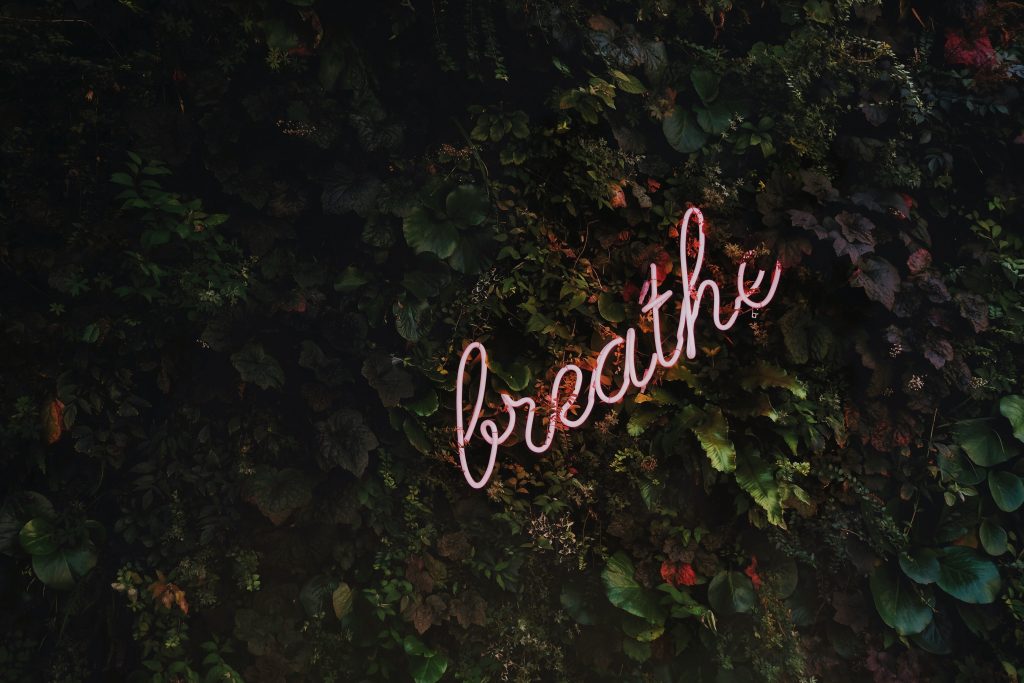
Maintain a healthy lifestyle
For airline workers, this is a difficult enough task at the best of times but it’s more important than ever to maintain a healthy lifestyle. This includes:
- Eating a balanced diet
- Trying to get enough sleep
- Making time to exercise
- Maintaining social contact with friends and family – even if that’s not in-person
Don’t turn to alcohol, cigarettes or drugs
Instead, the WHO recommends making contact with a trained counsellor or health worker. Whatever the case, make a plan for how to cope with your feelings without turning to alcohol, tobacco or drugs. Seek help early – you do not have to deal with your feelings or emotions on your own.
Only read or listen to credible news sources
Gathering the facts can give people a sense of empowerment and allow them to appropriately plan and prepare. But there’s a lot of fake news out there at the moment, despite social networks working to remove these kinds of posts.
If you are unsure then fact-check what you’ve read. Look for attribution and cross-reference with sources you trust.
Take time away from listening to the news
“Take breaks from watching, reading, or listening to news stories. It can be upsetting to hear about the crisis and see images repeatedly,” the Centers for Disease Control and Prevention (CDC) advises. Instead, try to do some activities you enjoy that will help you feel a little more normal.
Constantly scrolling through Facebook or Twitter, watching 24-hour news channels, or listening to updates on the radio can become very upsetting. Remember to take a break and enjoy everyday activities.
Maintain a sense of hope and positive thinking
Take deep breaths, stretch or meditate suggests the CDC and the WHO suggests drawing on skills you’ve used in the past to deal with stressful events.
If you are not feeling okay then there are people who you can talk to without fear or judgement…
Use the Befrienders Worldwide site to find a confidential service available in your country
The above advice was obtained from the World Health Organisation (WHO) and Centres for Disease Control and Prevention (CDC). Further advice can be obtained on their respective websites: WHO and CDC.
Mateusz Maszczynski honed his skills as an international flight attendant at the most prominent airline in the Middle East and has been flying ever since... most recently for a well known European airline. Matt is passionate about the aviation industry and has become an expert in passenger experience and human-centric stories. Always keeping an ear close to the ground, Matt's industry insights, analysis and news coverage is frequently relied upon by some of the biggest names in journalism.







